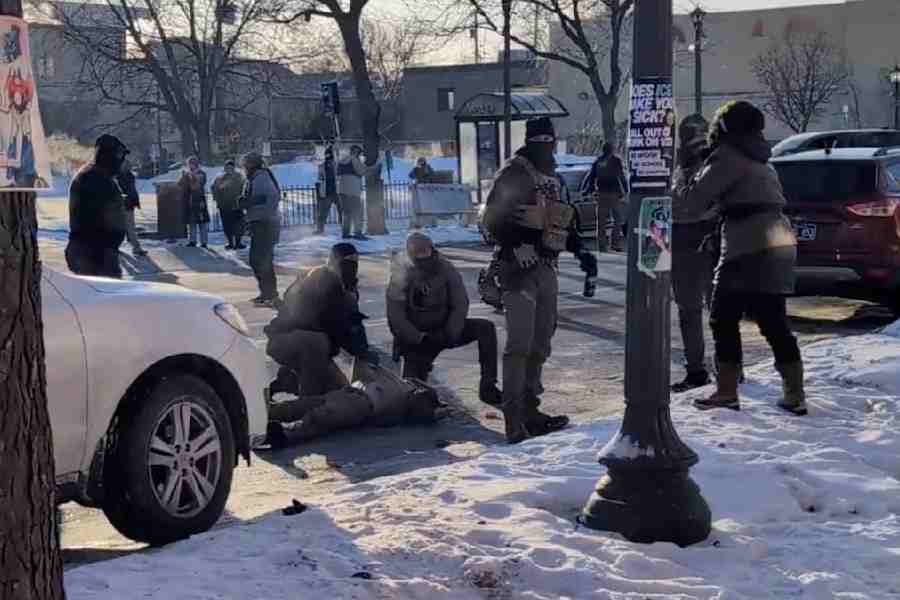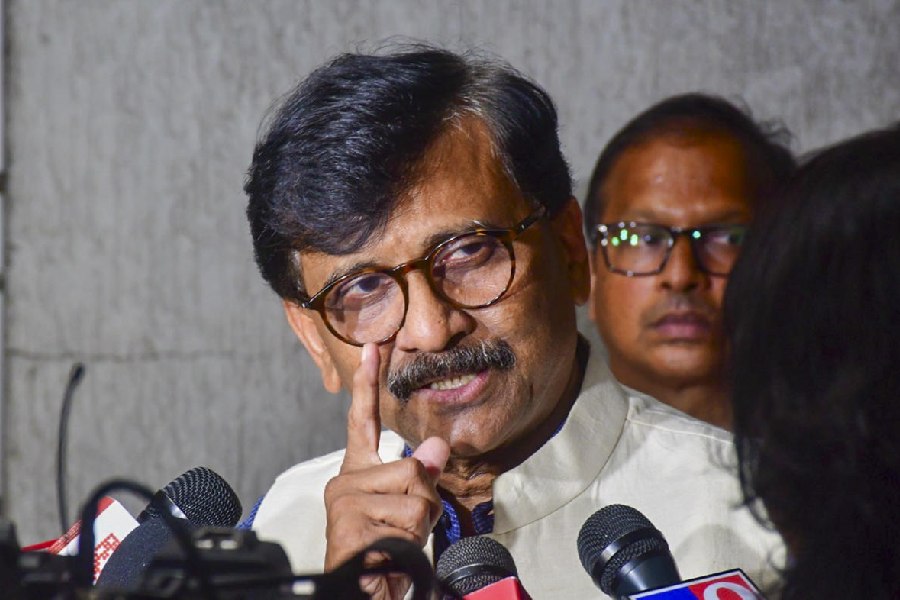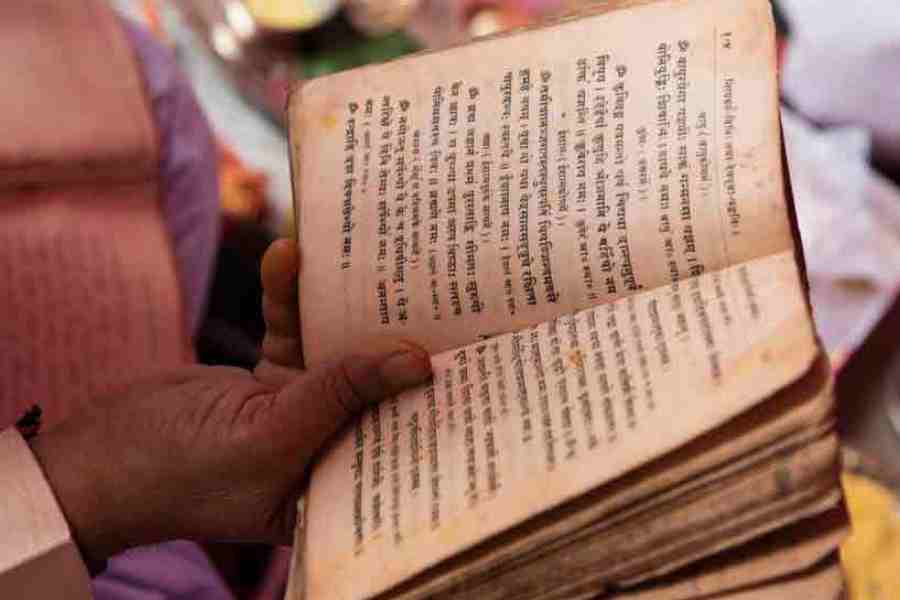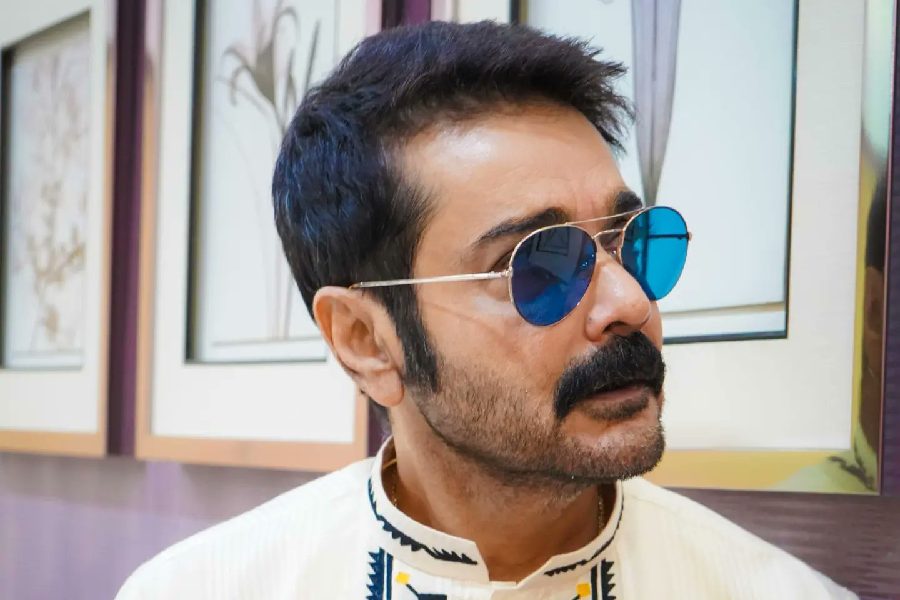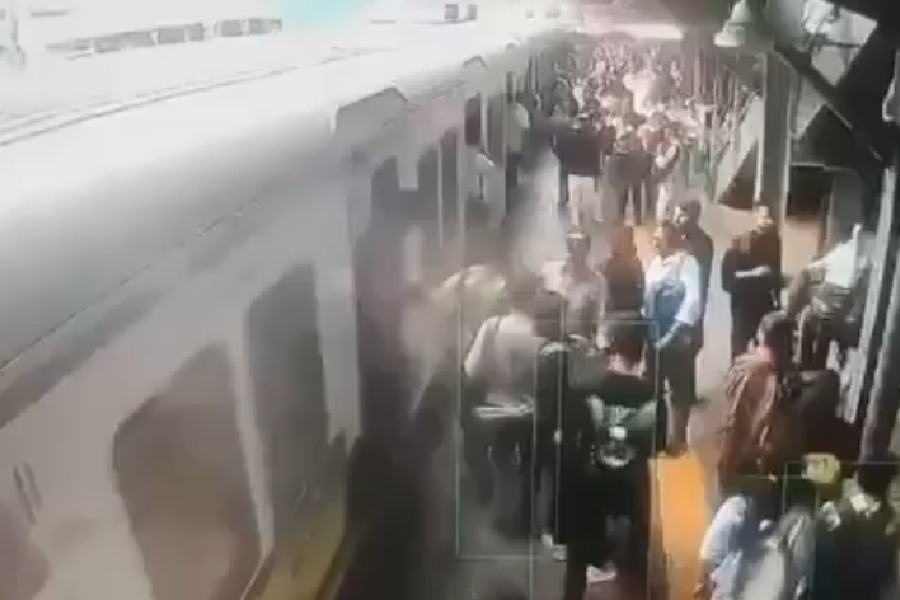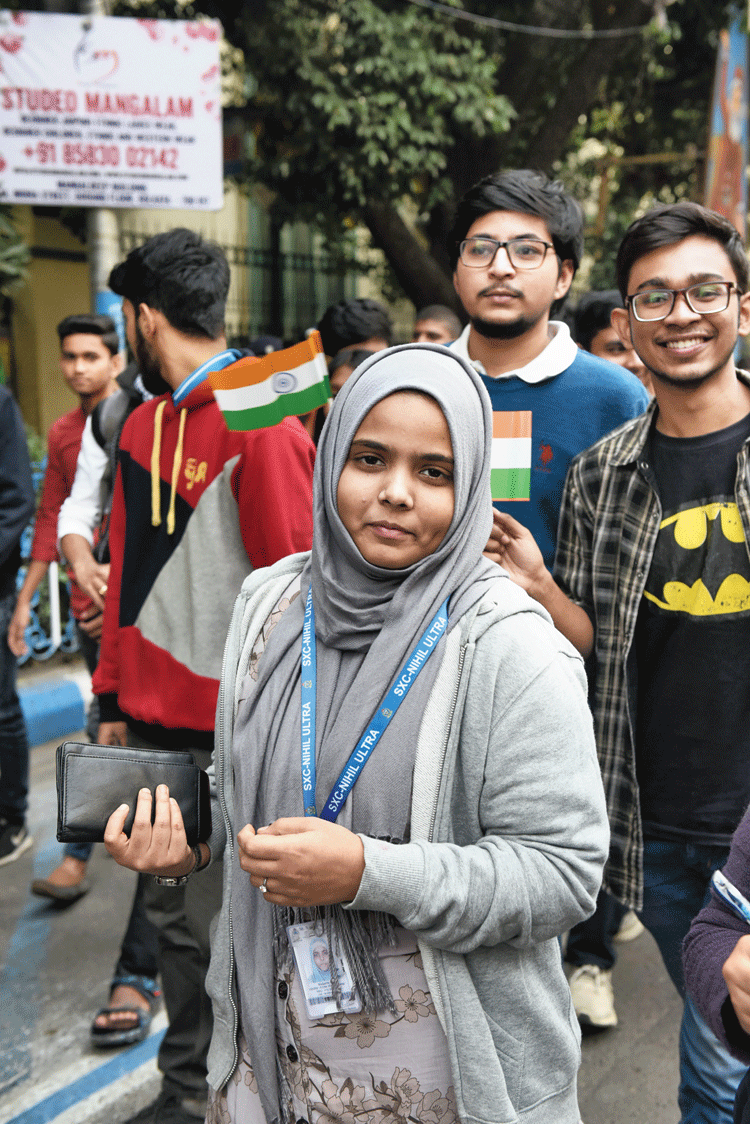
Ruqaiya Ali Pictures by Pradip Sanyal
The usual spirit of New Year revelry was missing as hundreds of students of St Xavier’s College (Autonomous) marched along Park Street on Monday. They felt wronged and wanted to stand up in solidarity with the students of Jamia Millia Islamia and Aligarh Muslim University who have been subjected to police brutality for protesting the Citizenship (Amendment) Act and the proposed National Register of Citizens. The Telegraph spoke to a few of them as they walked silently with placards and posters
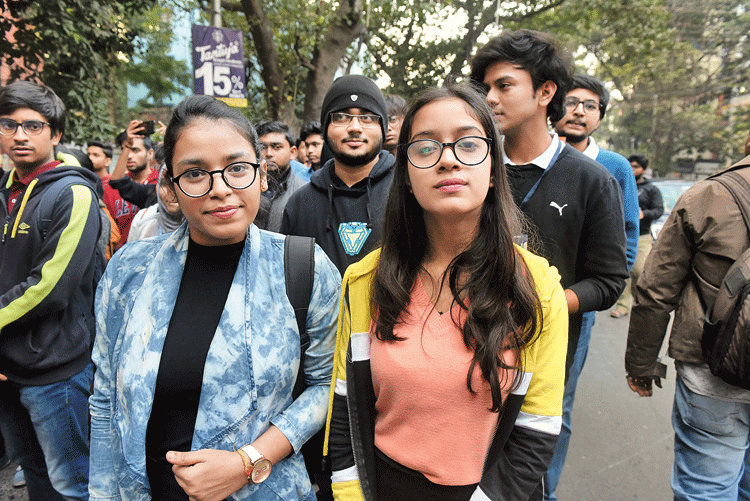
Sidhee Saraff and (right) Saumya Shukla
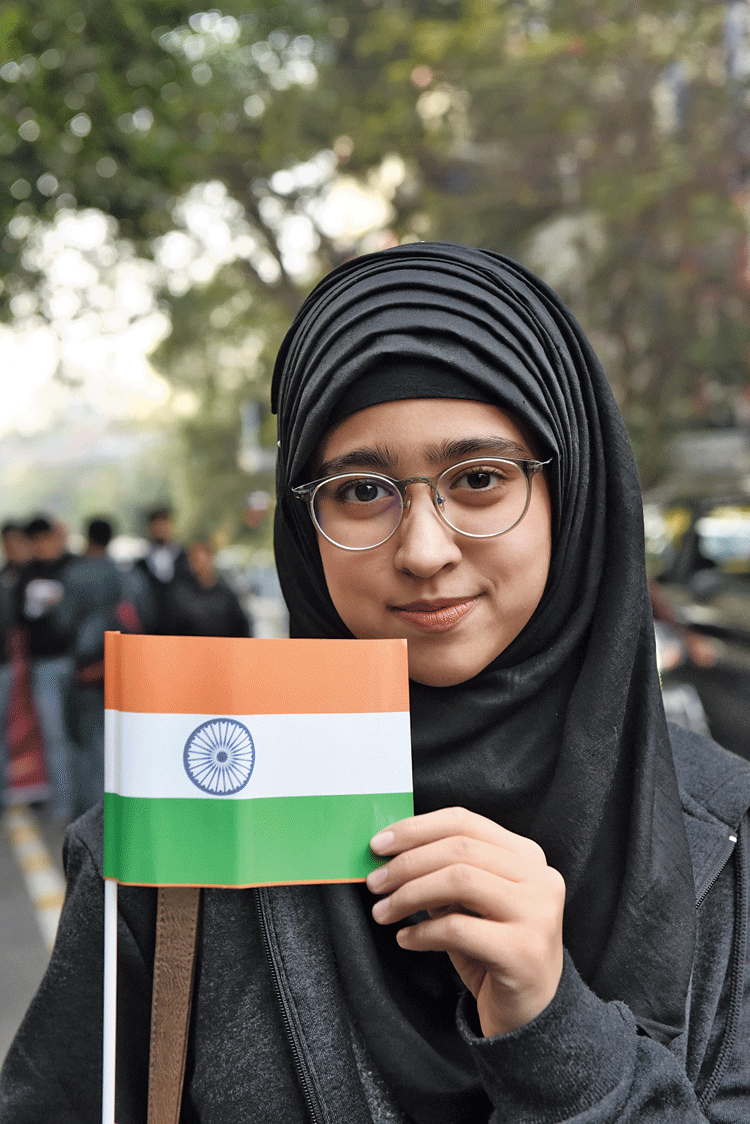

(From left) Farhat Bano, Soma Chowdhury Lahiri and Sarbani Bandyopadhyay
No humanity left
Teachers, too, joined the students.
“Since 2014, the civic space in our country has been diminishing and now it is a direct assault on the democratic character of the Constitution as well as the humanitarian principles that our country stands for… this is unprecedented,” political science teacher Farhat Bano said.
Her colleague Sarbani Bandyopadhyay said if they didn’t stand up now, it would be questioned if they were “Indian citizens at all”.
“The violence on campuses is an expression of stereotypical violence that we face in everyday life. Violence against minorities, against Dalits, against women,” she said.
Sociology teacher Soma Chowdhury Lahiri said the attack on students had left them “deeply agonised” as teachers.
I am Indian
A first-year student walking on Park Street challenged the government to prove that she is “not an Indian.” “I was born here and I know I am an Indian…but if they ask me to provide my grandfather’s documents, how am I supposed to produce that?” asked Ruqaiya Ali, 20.
“I have a voter’s identity card and a passport. But if the government does not consider those as proof of my citizenship, it is their responsibility to prove that I am not an Indian, not mine to prove my citizenship,”
The BCom student said it was important for students like her to come out on the street and protest.
Will you teach us how to protest?
A second-year student asked whether a government that was trying to stifle students’ voices would teach them how to protest. “An administration that allows mob lynching in the name of cows is telling us how to protest… those who brought down Babri Masjid are telling us how to protest… all that the students are doing is raising their voice when democracy is under threat,” Saumya Shukla said.
Walking by her side was Sidhee Saraff who asked why issues such as rape and unemployment were not addressed with equal urgency.
NRC and CAA not isolated
Mutaha Alameer walked with an Indian flag in her hand. She was there to protest police assault at Jamia Millia Islamia and Aligarh Muslim University.
“Police entered the hostel, library, toilets and beat up the students. We want to tell them they are not alone,” said the postgraduate student of multimedia and animation. “CAA might seem harmless on its own but it is lethal when linked with NRC. Essentially NRC and CAA were planned together, they cannot be seen isolated from one another.”





